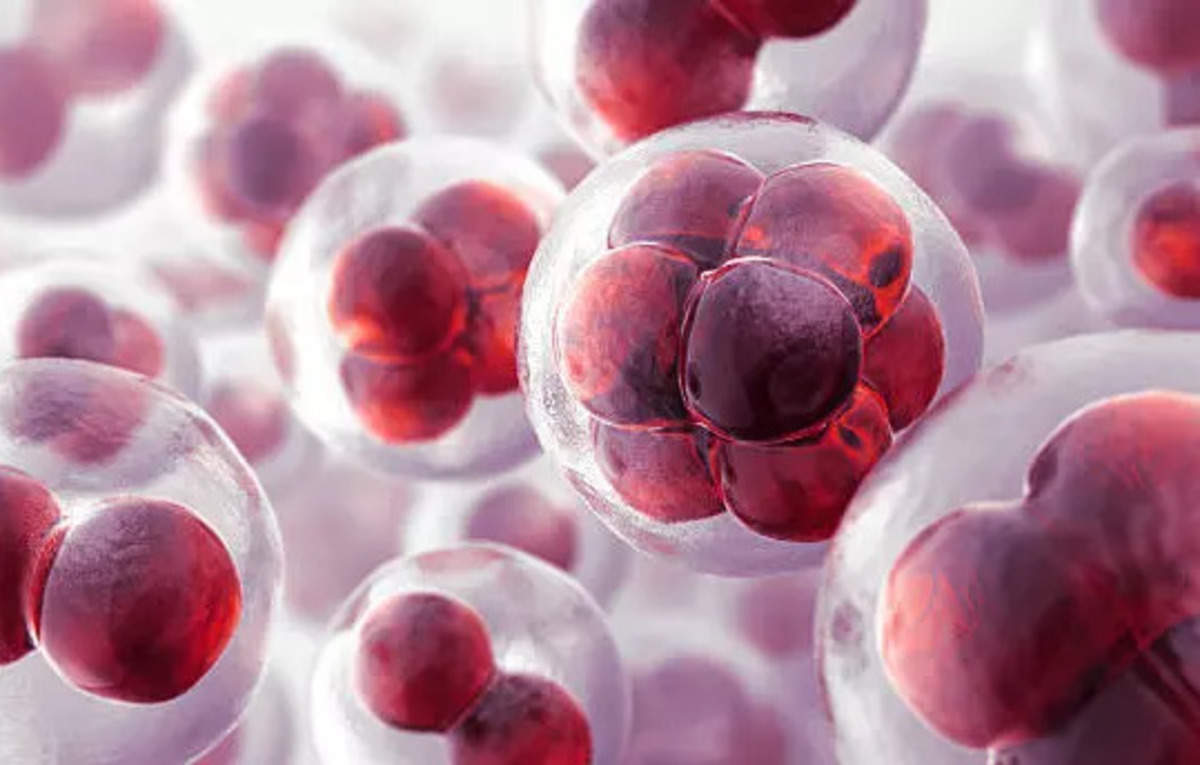Chennai: Indian Institute of Technology Madras (IIT Madras) and IIT Mandi researchers have metabolically engineered the plant cells of Nothapodytes nimmoniana to increase the production of Camptothecin, which is used to treat cancer.
The researchers from the Plant Cell Technology Lab of IIT Madras have developed a genome-scale metabolic model for N nimmoniana plant cells using computational tools.
This can be a major boost to produce cancer-treating drugs as Camptothecin, the third most in-demand alkaloid, is commercially extracted in India from Nothapodytes nimmoniana, which is an endangered plant.
In a research paper published in 2021, IIT Madras researchers identified a microbe as a sustainable and high-yielding alternative source for the plant-derived anti-cancer drug Camptothecin. Nearly 1,000 tonne of plant material is required to extract just one ton of Camptothecin.
Due to extensive overharvesting to meet the market demand its major plant sources are now red-listed as per IUCN. The N nimmoniana population has seen more than a 20 per cent decline in the last decade alone.
In the current research, metabolic engineering of the plant cells using a genome-scale metabolic model was led by Sarayu Murali, PhD student, IIT Madras, Dr Maziya Ibrahim, Computational Systems Biology Lab, IIT Madras, Prof Karthik Raman and Prof Smita Srivastava, Bhupat and Jyoti Mehta School of Biosciences, Department of Biotechnology, IIT Madras, along with Dr Shyam Kumar Masakapalli, Associate Professor, School of Biosciences and Bioengineering, IIT Mandi, and Shagun Saini from Metabolic Systems Biology Lab, IIT Mandi.
The research was funded by the Science and Engineering Board (SERB) and the Department of Science and Technology (DST), Government of India. This study was recently published in the peer-reviewed Journal Frontiers of Plant Science.
Highlighting the importance of this research, the Principal investigator of the project Prof Srivastava said, “Integration of metabolic engineering with bioprocess engineering principles can ensure enhanced and sustainable production of Camptothecin, to continuously meet its increasing market demand in minimum time and cost in addition to natural resource conservation.”
Further, the co-investigator of the study Prof Raman added, “This platform technology for model-based rational metabolic engineering of plant cells can be adapted to enhance the production of many other high-value phytochemicals as well. This study can pave the way for effective and efficient commercial production of camptothecin and other medicinally important monoterpene indole alkaloids, with reduced dependence on nature.”
Camptothecin (CPT) is an important anti-cancer drug lead molecule for high-value drugs like Topotecan and Irinotecan. It is a potent topoisomerase I inhibitor extracted mainly from – Camptotheca acuminata (native to Eastern Asia) and Nothapodytes nimmoniana (native to India). However, the conjunction of climate change and extensive deforestation undertaken for CPT extraction has pushed these plants into the endangered species category.
Elaborating on the technical aspects of this research, the first author of the research paper, Murali said, “The metabolic model was reconstructed and curated using in-house experimental data. Computational tools were then used to identify and rank suitable enzyme targets for overexpression and downregulation to maximise camptothecin production in N nimmoniana plant cells. We experimentally validated the overexpression of an enzyme predicted by the model, which led to the development of a 5-fold high camptothecin-yielding cell line of N nimmoniana in comparison to the untransformed plant cell line.”
Highlighting the impact this research could have in the field, Dr Masakapalli said, “The scientific strategies rationally adopted in this work paves way to further engineer plant cell bio-factories for sustainable biomanufacturing of high-value phytochemicals. It is satisfying to collaborate with the Plant Cell Technology Lab at IIT Madras, which has developed a potential platform for five-fold increased synthesis of camptothecin, a much-needed anti-cancer phytochemical.”
Cancer has been a leading cause of death worldwide, accounting for nearly 10 million deaths in 2020 according to the World Health Organisation (WHO). In India, the number of cases is expected to rise to 15.7 lakh by 2025 according to the Indian Council of Medical Research-National Cancer Registry Programme (ICMR-NCRP 2020). With increasing cancer incidences each day, the demand for enhanced production of anti-cancer drugs has been a compelling need of the hour.


